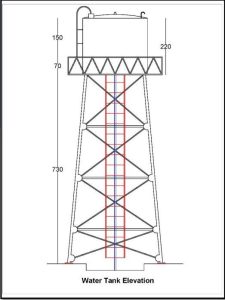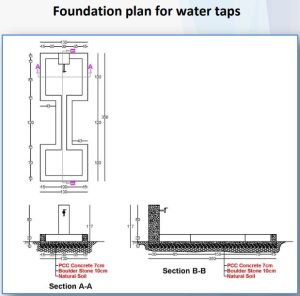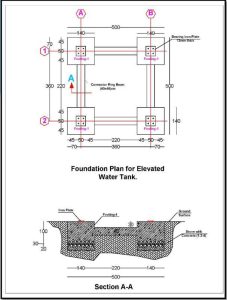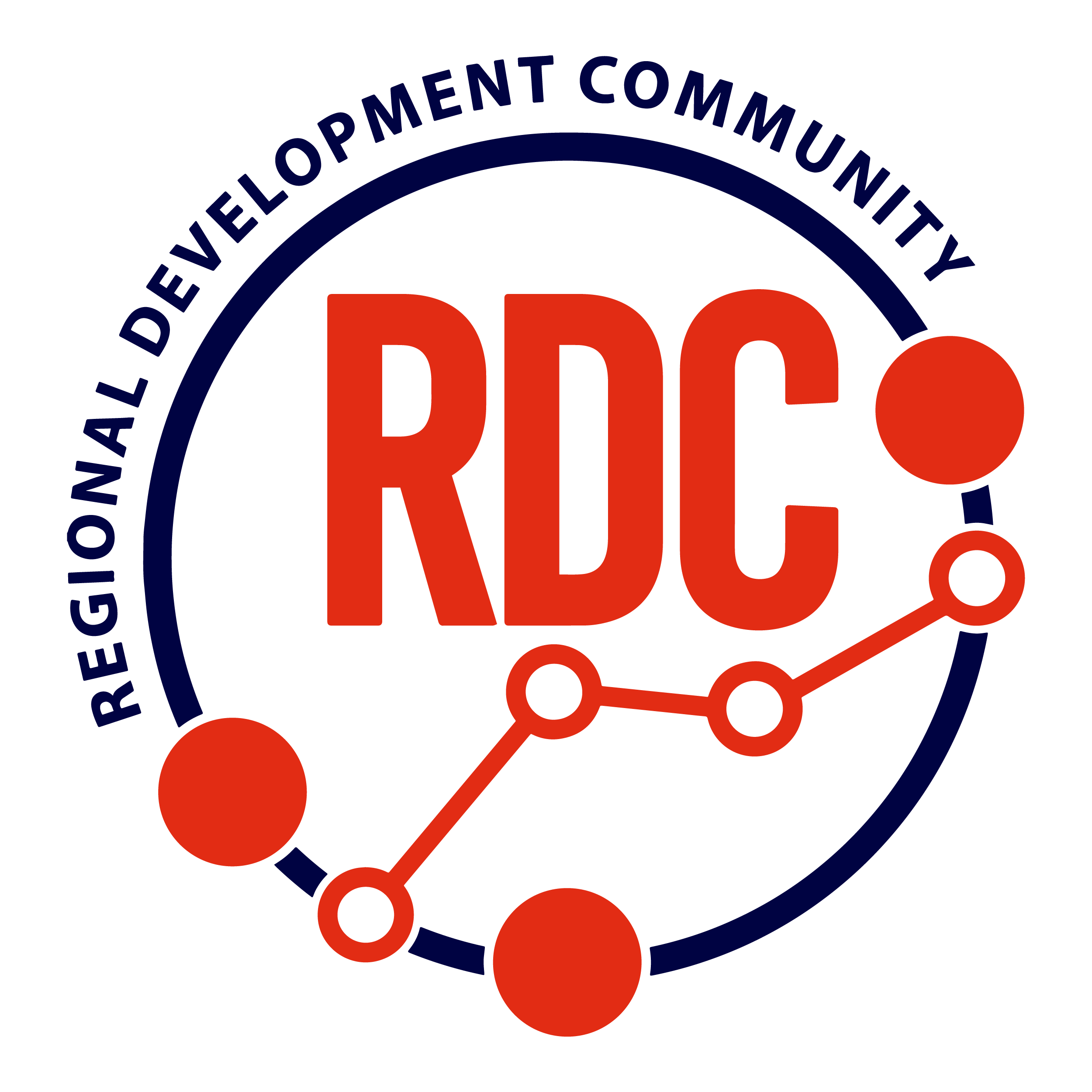AFGHANISTAN CLEAN WATER PROJECT
Introduction
The ongoing conflict in Afghanistan has resulted in a severe humanitarian crisis, with over 640,000 people internally displaced due to the fighting in 2016 alone. In addition, one million Afghan refugees and migrants were forced to return home from Pakistan and Iran. The EU’s plan to deport rejected Afghan asylum seekers will add further strain to the country’s capacity. Roughly one-third of Afghanistan’s population, or 9.3 million people, are estimated to require humanitarian assistance. The crisis is putting immense pressure on public services and infrastructure, particularly in urban centers where most internally displaced people and returning refugees tend to settle. Women and girls are particularly vulnerable. Addressing the crisis will require continued and long-term international economic assistance, and the UNHRC should persuade Pakistan and Iran to end forced deportations while the EU should slow down deportations due to the worsening security situation.
Water Crisis
Only 48% of Afghanistan’s population has access to safe drinking water, leading to serious health implications, especially for children. The country is facing severe, serious, and moderate droughts, with 30%, 50%, and 20% of the population respectively affected. The COVID-19 pandemic is exacerbating the existing health and socio-economic difficulties while ongoing hostilities are causing displacement. The drought is causing severe food and water shortages across the country, with millions of people affected. The population relies on inadequate facilities for water supply, and water sources are becoming increasingly polluted and overexploited, particularly in Kabul.
Project Overview
The project aims to provide clean drinking water to communities in and around Kabul, Afghanistan, who are in dire need. Regional Development Community Berhad (RDC) is a company that collaborates with partners in the Asia Pacific region to create sustainable communities based on the United Nations’ Sustainable Development Goals. In Afghanistan, RDC is working with Humanitarian Assistance Society (HAS) to undertake several SDG related projects in an effort to rebuild affected communities sustainably. RDC’s role is to initiate fundraising campaigns to raise the necessary funds to implement the project.
*The pictures shown above project under Human Appeal Australia through Humanitarian Assistance Society (HAS).
Project Objectives
- Provision of potable and clean water for drinking.
- Improved health and wellbeing due to access to clean water.
- Improved sanitation as a result of having clean water.
- Reduced illness and spread of diseases caused by unclean water.
- Enhanced quality of life for community members.
- Increased productivity due to better health and reduced illness.
- Improved educational outcomes for children who will be able to attend school more regularly.
- Reduced healthcare costs due to a decrease in waterborne diseases.
- Improved economic opportunities as a result of better health and productivity.
- Strengthened community cohesion and cooperation as a result of a shared resource.
Project Location
The project will be in selected communities (villages) in Khost province, Afghanistan.
Project Cost
Total Cost of Water Supply System = RM104,356 (USD22,686)
System Design





